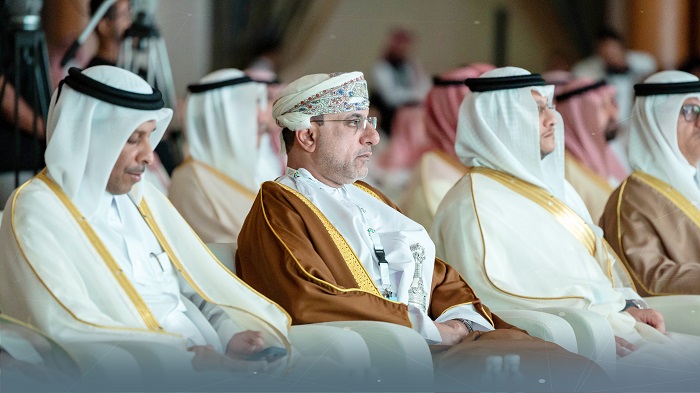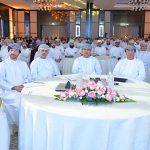The Sultanate of Oman recently participated in the 12th Gulf Municipal Works Conference in Riyadh, KSA. The theme of the three-day event was “Sustainable Municipal Action”, focusing on topics related to the sustainability of municipal work and the exchange of experiences among GCC countries. Oman’s delegation, led by Sheikh Hilal Said Al Hajri, Governor of Al Dakhiliyah, took part in discussions on the role of community participation in achieving sustainability in the municipal sector. The conference also addressed the risks posed by climate change on GCC cities and roads.
The event emphasized the importance of sharing expertise and best practices in municipal work among Gulf countries. The exhibition held alongside the conference showcased products, technologies, and innovations in the field of municipal action, as well as successful experiences from various countries. This platform provided an opportunity for participants to learn from each other and explore new ideas to enhance sustainable municipal practices.
Throughout the conference, delegates engaged in discussions on key issues affecting municipal work in the Gulf region, such as urban planning, infrastructure development, and waste management. The exchange of knowledge and experiences enabled participants to gain valuable insights into sustainable approaches to addressing these challenges. By collaborating and sharing resources, GCC countries can work together to improve the quality of municipal services and enhance the overall quality of life for residents.
One of the highlights of the conference was the emphasis on the role of community participation in achieving sustainable municipal action. Engaging with local residents and stakeholders is essential for the successful implementation of municipal initiatives and projects. By involving the community in decision-making processes, governments can ensure that policies and programs are tailored to meet the needs and preferences of the people they serve. This inclusive approach fosters a sense of ownership and pride among residents, leading to more effective and sustainable outcomes in the long term.
In addition to addressing current challenges facing municipal work, the conference also focused on the future outlook for GCC cities and roads. Climate change poses significant risks to infrastructure and urban development in the region, highlighting the importance of incorporating sustainability practices into municipal planning and design. By proactively addressing climate-related issues and implementing resilient solutions, Gulf countries can better prepare for the challenges ahead and ensure the long-term viability of their cities and infrastructure.
Overall, the 12th Gulf Municipal Works Conference provided a valuable platform for GCC countries to come together and discuss strategies for advancing sustainable municipal action. By sharing knowledge, experiences, and best practices, participants were able to identify opportunities for collaboration and innovation in the field of municipal work. Moving forward, these discussions are expected to inform policy decisions and drive positive change in the way Gulf cities and roads are planned, developed, and maintained.











